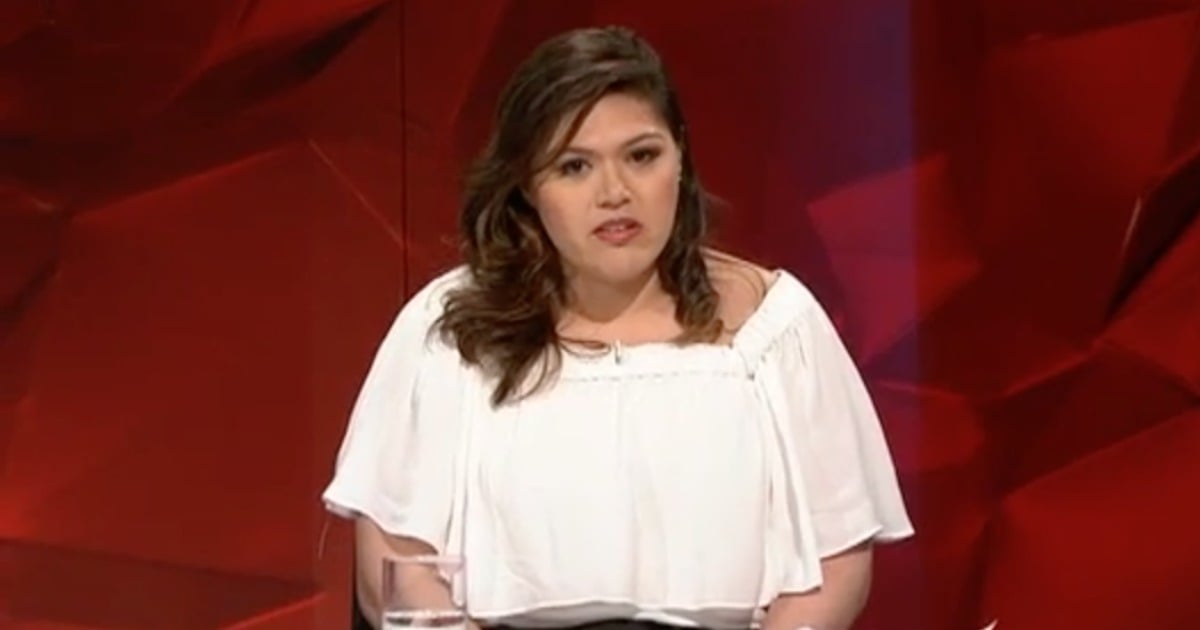
The final episode of Q&A for 2016 was never going to be without heated debate, and thanks to topics ranging from Donald Trump’s recent election win the Racial Discrimination Act, it didn’t disappoint. But it was the story of Indigenous screenwriter and actress Nakkiah Lui’s experience with domestic violence that left everyone speechless.
Appearing on Monday night’s episode of the ABC panel show alongside host Tony Jones, Liberal senator Eric Abetz, Labor frontbencher Terri Butler, The Australian‘s Greg Sheridan and writer Benjamin Law, Lui told the audience, “I remember standing in front of the police with my busted lip at the house I was at with my partner at the time and just thinking to myself, ‘You stupid Aboriginal girl. You are so disappointing and you’re disappointing to your community’.”






Top Comments
Having read articles written by Anthony Dillon and Warren Mundine very recently on this very subject, it's my belief that more needs to be done by both Aboriginal communities and the government. Shelters should be increasing in number, not decreasing and every Aboriginal woman who needs assistance should be able to access it.
However, the communities themselves must realise that this is a crime. Many communities vilify, ostracise and even physically abuse women who contact the police in an attempt to make things better for themselves and their children. They excuse both physical and sexual abuse of women and children as a 'cultural' thing. Fellow aboriginals deny that violence against women and children is a part of Aboriginal culture.
I don't pretend to know the answers but a solution must be found in order to improve the lives of all Aboriginal women and children. Everyone deserves to feel safe in their own home.
Domestic violence is a very complicated issue.both men and women are perpetrators of domestic violence and it can be very difficult to leave an unsatisfactory relationship for a number of reasons. Including financial, psychological .the presence of children, pets etc. Abusers are more likely to have personality disorders such as narcissism and obsessive compulsive so we need to educate the public so they can identify narcissists and control freaks before they find themselves trapped in s relationship with an abuser. This could be taught in early high school around the time adolescents start dating. Prevention is the best intervention.